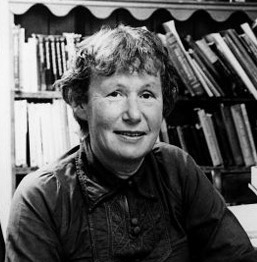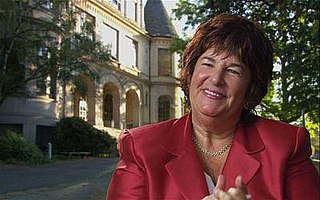A Quote by Mason Cooley
Related Quotes
By means of personal experimentation and observation, we can discover certain simple and universal truths. The mind moves the body, and the body follows the mind. Logically then, negative thought patterns harm not only the mind but also the body. What we actually do builds up to affect the subconscious mind and in turn affects the conscious mind and all reactions.
Nakamura Tempu Sensei viewed the mind as a segment of the body that could not be seen and the body as the element of the mind that was observable. He also likened the mind and body to a stream, with the mind as the source flowing down to the body. Whatever we drop in the stream will be carried down by the current. In like manner, our thoughts will influence the body and our well being.
The Buddha is your real body, your original mind. This mind has no form or characteristics, no cause or effect, no tendons or bones. It's like space. You can't hold it. It's not the mind of materialists or nihilists. If you don't see your own miraculously aware nature, you'll never find a Buddha, even if you break your body into atoms.
Now if you are going to win any battle you have to do one thing. You have to make the mind run the body. Never let the body tell the mind what to do. The body will always give up. It is always tired morning, noon, and night. But the body is never tired if the mind is not tired. When you were younger the mind could make you dance all night, and the body was never tired... You've always got to make the mind take over and keep going.
The mind commands the body, and it obeys forthwith; the mind commands itself, and is resisted. The mind commands the hand to be moved, and such readiness is there that the command is scarce to be distinguished from the obedience. Yet the mind is mind, and the hand is body. The mind commands the mind to will, and yet, though it be itself, it obeyeth not. Whence this monstrous thing? and why is it?
For the powers of our mind, life, and body are bound to their own limitations, and however high they may rise or however widely expand, they cannot rise beyond them. But still, mental man can open to what is beyond him and call down a Supramental Light, Truth, and Power to work in him and do what the mind cannot do. If mind cannot by effort become what is beyond mind, Supermind can descend and transform mind into its own substance.
The mind commands the body and is instantly obeyed. The mind commands itself and meets resistance. The mind commands the hand to move, and it so easy that one hardly distinguishes the order from its execution. Yet mind is mind and hand is body. The mind orders the mind to will. The recipient of the order is itself, yet it does not perform it.


































